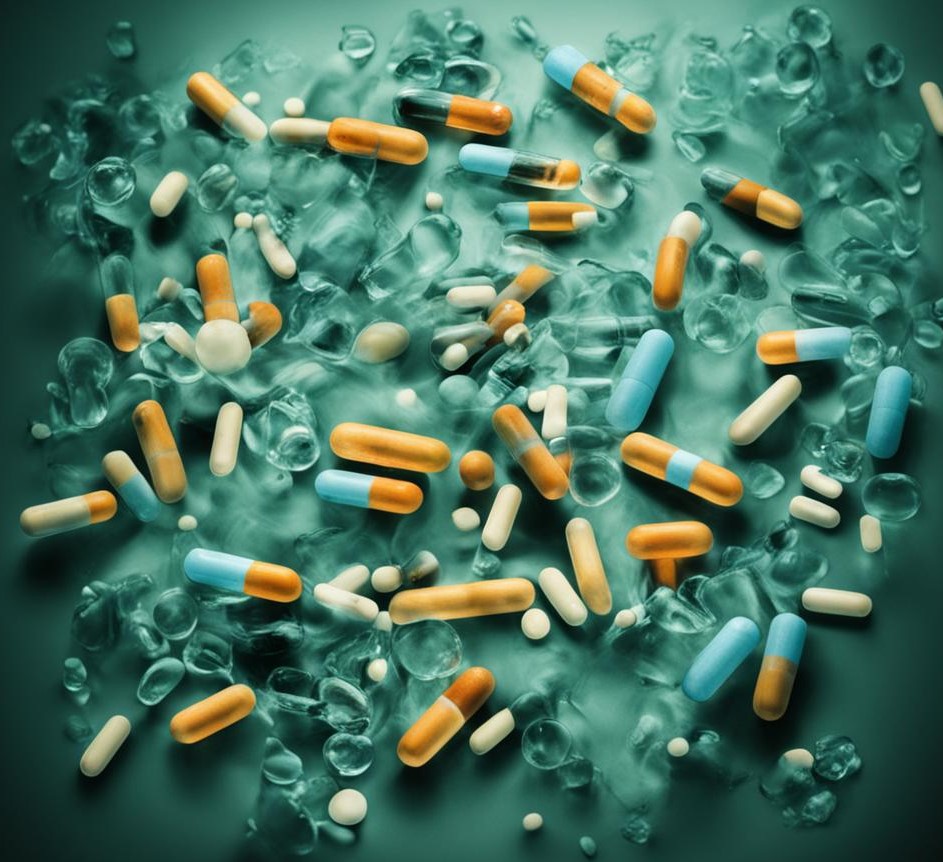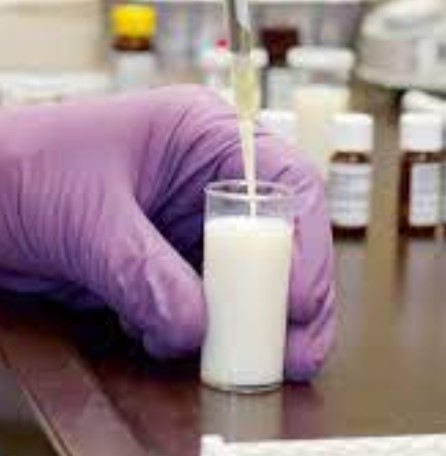Antibiotics in caviar: how safe is it?

Photo is illustrative in nature. From open sources.
Caviar is one of the most popular and useful products on our table. It is rich in proteins, fatty acids, vitamins and minerals that are essential for human health. However, it has recently become known that some manufacturers add antibiotics to caviar to prevent the development of bacteria and extend its shelf life.
The introduction of antibiotics into caviar raises concerns among consumers. Firstly, it can lead to allergic reactions and other side effects in people who consume such caviar. Second, antibiotics can cause bacterial resistance to drugs, which can lead to serious problems in treating infections in the future.
However, not all antibiotics are equally hazardous to health. Some of them can be used without harm to humans if they are used correctly. For example, tetracycline is an antibiotic that is widely used in the poultry industry to prevent infections. It can be used in the production of caviar if its use is controlled and limited to certain doses.
In addition, many countries have strict rules and regulations regarding the use of antibiotics in foods. For example, the European Union bans the use of antibiotics for the production of caviar and other seafood. There are also strict regulations in the US that require manufacturers to test for the presence of antibiotics in products.
Thus, the use of antibiotics in caviar can be safe if it is done correctly and all the necessary rules and regulations are followed. However, consumers should be more careful when choosing products and pay attention to the content of antibiotics in them. In addition, producers should be more responsible and comply with all necessary rules and regulations in the production of caviar and other seafood.




























































